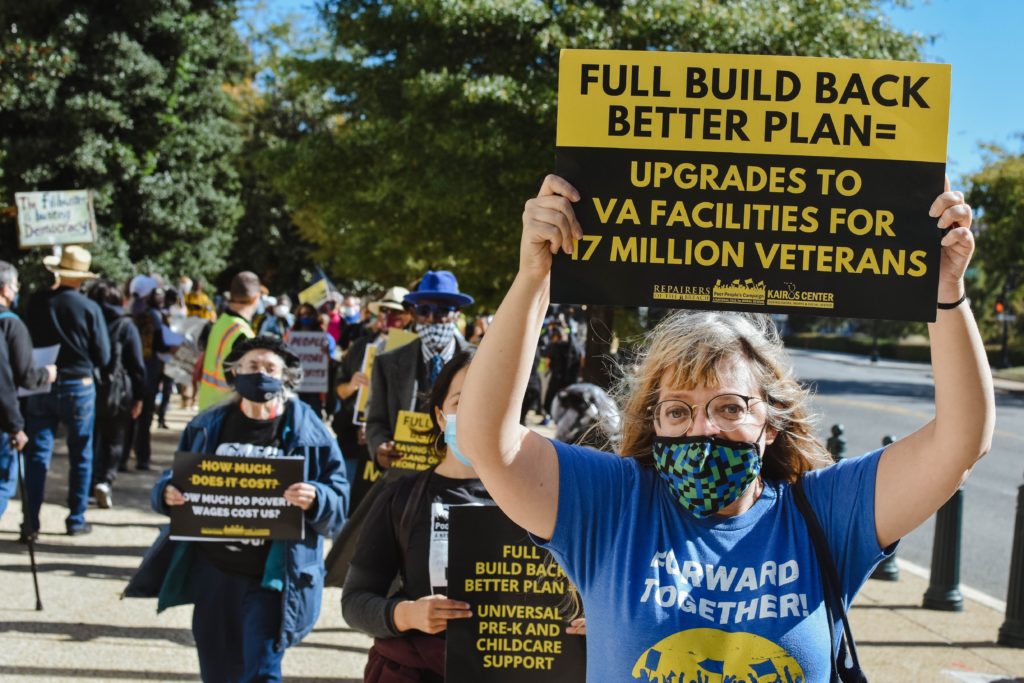
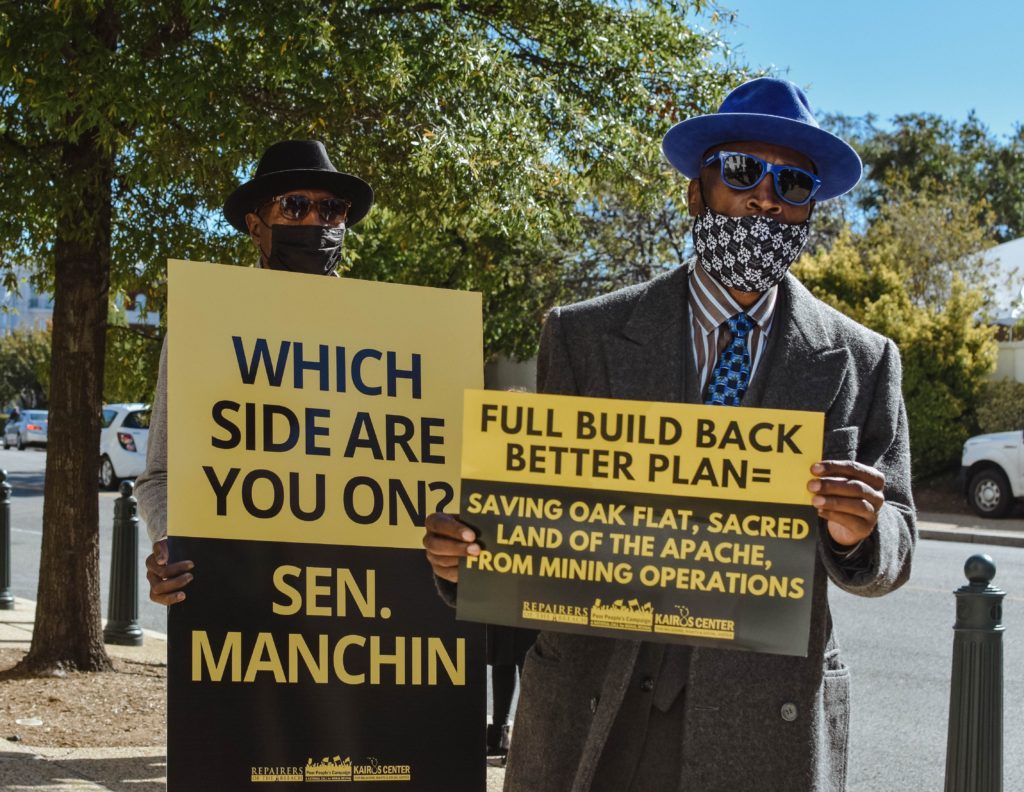
Photo Credit: Emily Farthing
While we in the PPC:NCMR wanted more and fought for more, the BBB Act will improve the lives of millions of poor and low-income people.
In particular it will:
- Maintain the expanded the CTC to benefit 35 million households for another year. And with full refundability, the CTC will reach the poorest families who have been excluded from this benefit for decades.
– As of October 2021, the expanded CTC has benefitted at least 4.7 million children, including 1.7 million white children, 960,000 Black children, 1.7 million Latino children and 200,000 Asian children. - Maintain the expanded EITC to benefit 17 million low-wage workers without children.
– This includes 10.3 million low-wage white workers, 2.8 million low-wage Black workers, 2.8 million low-wage Latino workers and 678,000 low-wage Asian workers. - Establish universal pre-k for 3- and 4-year olds, which will benefit 6 million children and their families.
– Alongside $$$ for affordable child care, families w/children will have greater support for their children in school. - Close the Medicaid coverage gap and provide health coverage to 4 million uninsured people, including 1.3 million people of color, until 2025.
– This will reach 570,000 Black people, 640,000 Latinos and millions of poor white people, providing coverage to more than one-in-three uninsured Black people and one-in-four uninsured Latino people. - Raise wages for home health care workers, 28% of whom are Black, 23% of whom are Latino and most of whom are women.
- 18 million low-wage and essential workers will receive 4 week of paid family and medical leave.
- These and other provisions are being funded through taxes on corporations and the wealthy, meaning that all of this will not add anything to the deficit.
-In fact, concerns about deficits are misplaced and can be fully addressed with higher taxes on those who can afford them.
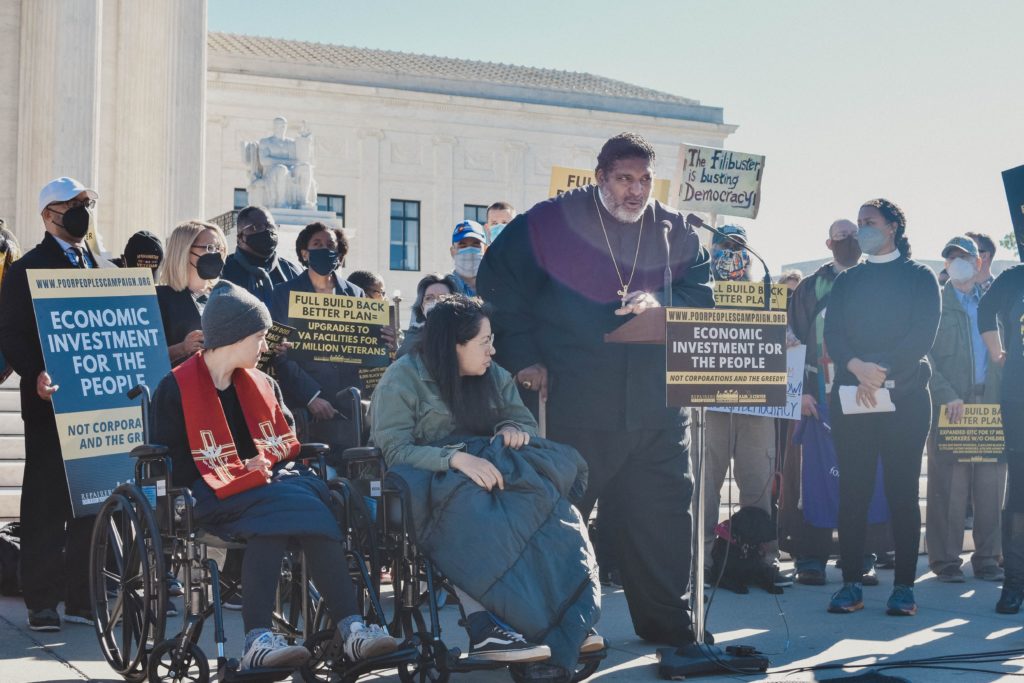
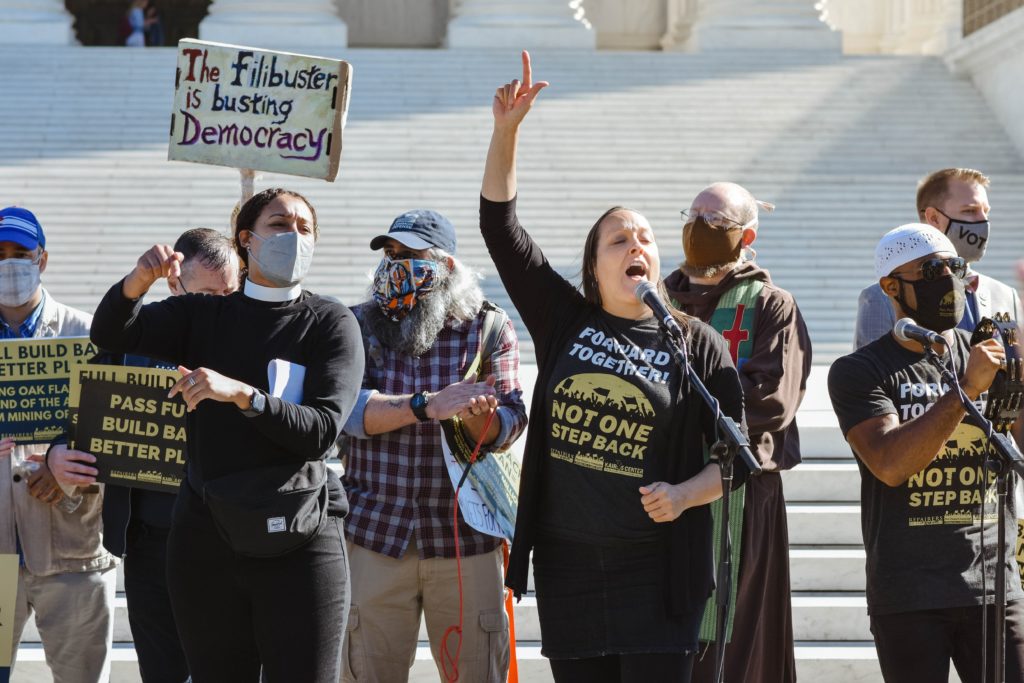
Photo Credit: Emily Farthing
All of these provisions are only in there because we and others have been fighting for them for a very long time.
There are also limitations to the BBB Act that we must take into account:
- The climate investments in the infrastructure package and BBB Act are just 11% of what we actually need to really push back against the climate crisis.
– The urgency of the climate crisis cannot be underestimated, especially for poor and low-income communities that are hit first and worst by superstorms, floods, drought, fires and more. We are in a 6th extinction and the costs are too great to bear for a measured response. - Although the BBB will put resources towards 1 million affordable housing units, the looming eviction crisis is compounded by a housing and rental debt crisis that is far greater than what is funded.
– Without an eviction moratorium or debt relief, tens of millions of people are at risk of becoming homeless in the coming months. - Very little to nothing is going towards improving the infrastructure of our public schools, where our children spend most of their time.
- Most of these provisions, including the CTC and EITC, may not reach immigrant families and undocumented families, potentially leaving out at least 11 million people, including millions of children.
– Although the Senate Parliamentarian has said that a “pathway to citizenship” does not have a budgetary impact, Vice President Harris can overrule the Parliamentarian and make sure that 11 million undocumented people have permanent protections from deportation. - The protections for the Apache sacred lands of Oak Flats have been removed.
– This means that these lands are at risk of complete devastation to a mining company seeking copper for weapons of war, which will pollute and desecrate our planet even more. - Agricultural investments towards marginalized farmers, regenerative agriculture and farmland conservation, among other necessary actions to repair our lands, are funded at just 2% of what is necessary.
– This will have a profound impact on the livelihood of small farmers, especially black and minority farmers. - The “revenue raisers” or taxes on corporations and the wealthy don’t go far enough, especially given that their wealth has increased by over $2 trillion since March 2020, more than the cost of the BBB Act.
– Not only is it possible to tax the wealth that they gained and fund a larger Build Back Better Agenda, doing so will benefit the economy.
This is why we will keep pushing for the programs and policies we need, while also fighting for the full BBB Act. We need this infusion of resources into our communities now and we know this agenda will benefit our economy.
However, some are using the recent rise in inflation, from 5.4% to 6.2%, to question whether large investments in the BBB Agenda will have a negative impact on the economy. Corporations and politicians are claiming that government relief earlier in the year is responsible for the spike in inflation now and suggesting that the BBB and other spending might not be economically sound. They are using bad economics to justify immoral policies.
- Indeed, the BBB is paid for by tax increases and does not really present an inflation issue.
- Further, according to Josh Bivens, Director of Research at EPI, it is “an unwarranted leap” to claim that the inflationary spike is because there was “too much” government-driven relief and stimulus earlier in the year.
– In fact, GDP is still below what the CBO had estimated it would be, meaning that the inflationary pressures aren’t because households are flush with cash and demand is outpacing supply. In other words, the spike in inflation isn’t because our economy is being pushed beyond its capacity because people have too much money to spend. - Instead, the spike we are seeing now is driven by COVID-related factors:
– During the pandemic and recovery, US households cut back spending on face-to-face services and spent more on goods. By the end of 2020, even though GDP was down 3% from 2019, consumer spending on goods was over 10% higher than pre-pandemic, while spending in services was over 30% lower.
– COVID actually massively accelerated the growth of e-commerce (online shopping) 4 to 6 years faster than pre-pandemic trends
– This reallocation carried over into 2021, even though it has been shifting as the recovery continues.
– Alongside this reallocation of spending, there were also supply chain disruptions that widened the gap between consumer demand and supply. - Also, the rise in inflation that we’re seeing now is less than the much-needed relief that households have received with government relief and programs.
– In fact, it’s a good thing that households, especially poor and low-income households, are not in as bad of an economic position than they would have been if not for this relief. And, they are not the cause of the inflationary spike we are seeing now. - The true cause behind the decline in spending on face-to-face services and bottlenecks in the supply chain is the global pandemic.
- Those who are using this recent inflation to say that we shouldn’t go “too far” with the BBB are basically saying that poverty and inequality should be the basis of our economic growth. This is bad economics used to justify immoral policies that go against what most people want and need.
– Rather, we need to Build Back Better by Building Back from the Bottom Up and centering the poor in our politics, policies and programs. - As the stimulus and relief measures decline, we are now seeing contractions or declines in consumer spending.
– In this context, we cannot cut back on government relief or investments in infrastructure, physical or otherwise.
– Instead, we need bold government investments in programs that are critical for poor and low-wage workers, communities and households.
– And we need to build up our long-term capacity around public health, housing, climate resilience and other factors that will prevent against the devastating social and economic impacts we experienced from COVID-19.
This means we will keep fighting, for the needs of the 140 million, for physical infrastructure and the infrastructure of our lives and our democracy, for living wages, for an end to the filibuster and for legislation and policies that can ensure we realize the nation we have yet to be, where EVERYBODY can thrive, just not survive.
Forward together, not one step back!
